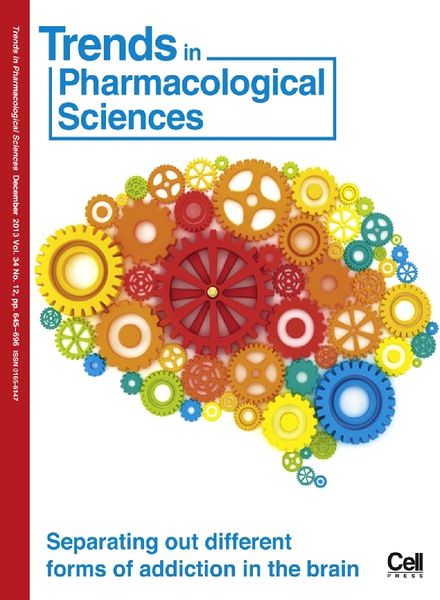“Marijuana has been used to relieve pain for centuries. The analgesic mechanism of its constituents, the cannabinoids, was only revealed after the discovery of cannabinoid receptors (CB1 and CB2 ) two decades ago.
The subsequent identification of the endocannabinoids, anandamide and 2-arachidonoylglycerol (2-AG), and their biosynthetic and degradation enzymes discloses the therapeutic potential of compounds targeting the endocannabinoid system for pain control.
Inhibitors of the anandamide and 2-AG degradation enzymes, fatty acid amide hydrolase and monoacylglycerol lipase, respectively, may be superior to direct cannabinoid receptor ligands as endocannabinoids are synthesized on demand and rapidly degraded, focusing action at generating sites.
Recently, a promising strategy for pain relief was revealed in the periaqueductal gray (PAG). It is initiated by Gq -protein-coupled receptor (Gq PCR) activation of the phospholipase C-diacylglycerol lipase enzymatic cascade, generating 2-AG that produces inhibition of GABAergic transmission (disinhibition) in the PAG, thereby leading to analgesia.
Here, we introduce the antinociceptive properties of exogenous cannabinoids and endocannabinoids, involving their biosynthesis and degradation processes, particularly in the PAG. We also review recent studies disclosing the Gq PCR-phospholipase C-diacylglycerol lipase-2-AG retrograde disinhibition mechanism in the PAG, induced by activating several Gq PCRs, including metabotropic glutamatergic (type 5 metabotropic glutamate receptor), muscarinic acetylcholine (M1/M3), and orexin 1 receptors.
Disinhibition mediated by type 5 metabotropic glutamate receptor can be initiated by glutamate transporter inhibitors or indirectly by substance P, neurotensin, cholecystokinin and capsaicin. Finally, the putative role of 2-AG generated after activating the above neurotransmitter receptors in stress-induced analgesia is discussed.”
http://www.ncbi.nlm.nih.gov/pubmed/24494686




